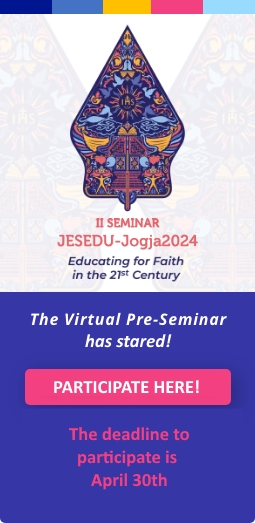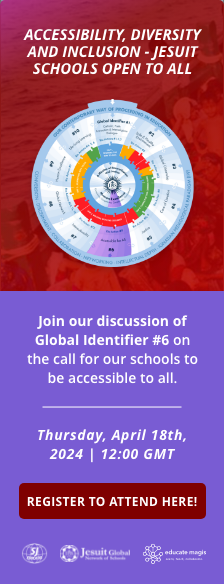The most recent Jesuit General Congregation stated that “Discernment, collaboration and networking offer three important perspectives on our contemporary way of proceeding” (GC36, D.2, #3). Today I want to explore the meaning of discernment as a way of proceeding for our schools. First of all, discernment is a rich word in the Christian tradition and specifically in the history of the Society of Jesus.
We ought to remember that after Ignatius was injured in Pamplona, as a result of being hit by a cannonball that destroyed his leg and especially wounded his pride, he had a long process of recovery at his family’s residence in Loyola. There he began to discover that different readings, and thoughts left in his heart different motions (movements of the heart). For instance, when thinking about military or personal glory he ended up empty, sad, and in desolation, when thinking about following the examples of the saints, serving God and others, he felt energized, happy, and consoled. Thus, he began a long process of discovering that through these movements God was the one leading him. It was not an easy process; it took several years before he could have a better grasp of what was going on. He went through extreme moments of depression and of deep consolation… Ultimately, Ignatius became a master of discernment, that is, he acquired a deep understanding of how God works in our hearts, inspires, and leads us to a flourishing life, and how, what he called the evil spirit, interferes with our lives, and tries to destroy our good intentions and deeds.
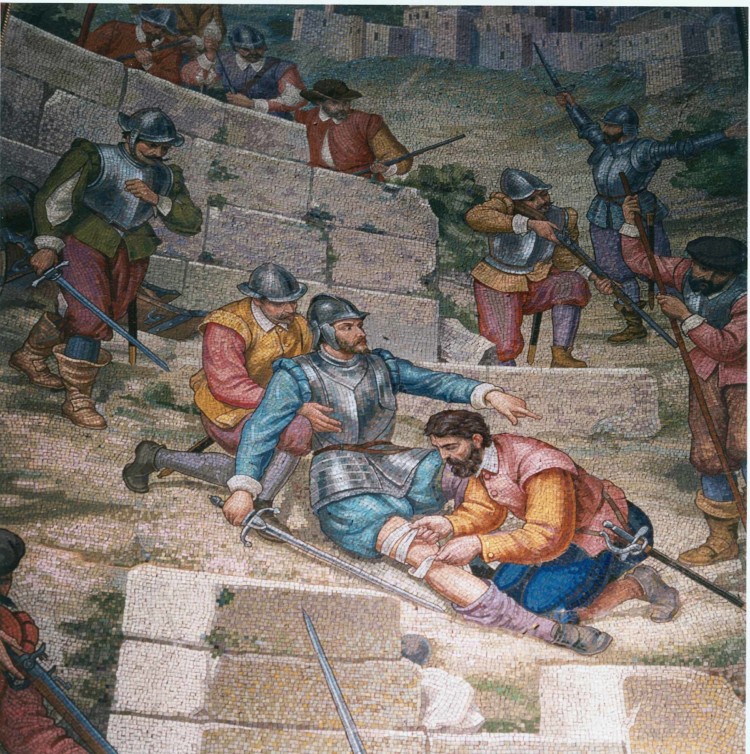
Ignatius left in the Spiritual Exercises a path “to find the will of God with respect to the ordering of one’s own life, and the salvation of one’s soul,” that is, a spiritual road to find a fulfilling life in the Christian tradition. In a more contemporary language discernment is the tool that can help us really become persons for and with others at the service of the common good and all creation.
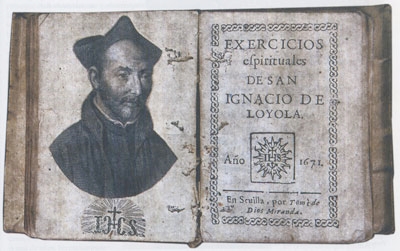
GC36 affirms: “Discernment, a precious gift of Ignatius, is integral to our personal and corporate apostolic life. It begins in contemplation of God at work in our world and allows us to draw more fruit in joining our efforts to God’s designs. Discernment is what ‘roots us in the Church in which the Spirit works and distributes his various gifts for the common good.’ Discernment serves as the foundation for decision-making by the proper authority in our way of proceeding.” (D. 2, # 4).
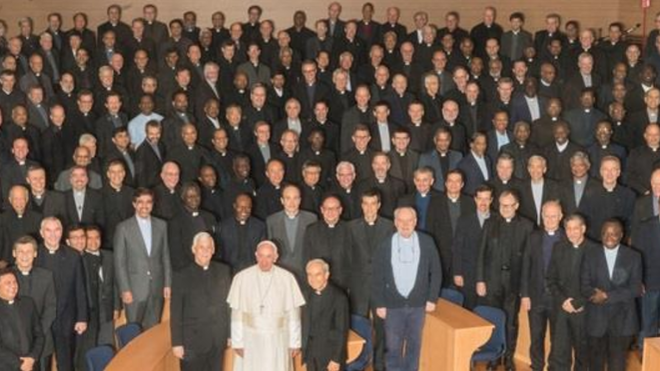
There are different ways of engaging in discernment; Ignatius highlights in the Spiritual Exercises several approaches that can be more appropriate for different moments. All of them require developing skills for attentive listening of our personal or communal motions. Doing the Spiritual Exercises prepares the person for this attentive listening.
Recently, many people in our Jesuit institutions and communities are finding that spiritual conversations offer an important framework for discernment to happen. In the spiritual conversations we begin with a personal prayer on a specific topic and then we follow a three-step process: (1) a round of sharing: we listen attentively to what each person shares about the fruits of his/her prayer. After finishing this sharing, there is a moment for people to reflect on what insights, feelings or emotions result as they heard others; (2) people share how the sharing of the others have impacted them (positively or negatively) without actively discussing them; and (3) through an open discussion people share their insights of how the Spirit is moving the group and see if any consensus is emerging. The spiritual conversation seeks to create an environment of trust and common discernment to seek how God is leading the group.
Discernment and spiritual conversation clearly come from Ignatius’ spiritual experience in the Church; however, even people who do not identify themselves as Christians or Catholics can participate in spiritual conversations if they are open to the process in an atmosphere of trust and respect.
Discernment is the Ignatian answer to a world that has become liquid, fluid or provisional as some of the contemporary thinkers argue. Discernment allows us to keep walking even in our contemporary contexts where things are complex and easy-made answers are not enough. Discernment helps people to become seekers of truth and wisdom.
In recent years Jesuit schools and educators have continued the path of ongoing discernment as the way to address our challenges, understand our possibilities, renew our education, and innovate at all levels. The experience of the International Congress JESEDU-Rio in 2017 was an experience of authentic discernment where delegates discussed our current contexts and define a common agenda to respond to challenges as a universal body with a universal mission. In 2019 the document A Living Tradition called for an ongoing exercise of discernment as a way to remain faithful to our living tradition and be able to respond with creative and appropriate answers to new and old questions and challenges that affect our education. Jesuit Education, as human history itself, is a living tradition that calls for open eyes, ears and hearts. Last year we continued the discernment through the II Colloquium JESEDU-Global around four key strands: educating for faith, depth, reconciliation, and global citizenship with a final inspiring vision statement. The discernment continues with the ongoing Integrated (Holistic) Perspective Webinar Series and the II Seminar JESEDU-Jogja in 2024. The world does not stop… our discernment cannot stop either…
NB. In Educate Magis you will find abundant material on discernment and spiritual conversations.

